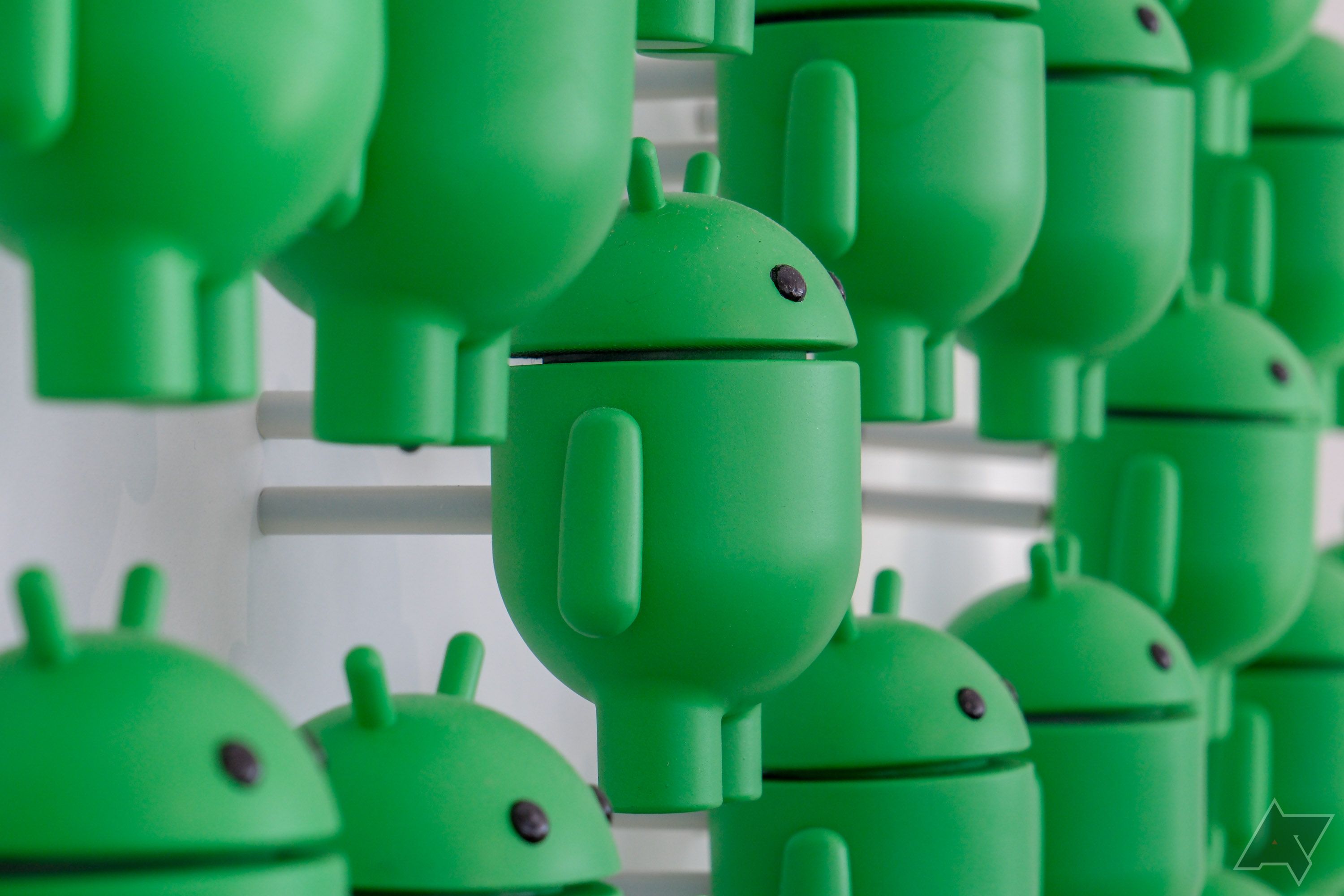Tech
Google is making huge changes to its Android and Pixel teams in the name of AI

Summary
- Google is restructuring its internal teams to focus on AI integration across various products.
- The move aims to accelerate technology innovation by bringing Android, Pixel, and other teams together, all focused on implementing AI solutions.
- The shift sees Rick Osterloh taking on the new division, while former Android lead Hiroshi Lockheimer will move onto other projects.
It’s no secret that AI is Google’s main focus these days. Practically every recent announcement the company’s made has been focused around how generative AI services like Gemini are looking to change the tech industry forever. Today, just under a month out from I/O, Google is announcing a major shake-up to its internal team structure, combining several of its hardware and software initiatives — including Android and Pixel — into a single squad. And, you guessed it, it’s a move that’s all about AI.
Today’s announcement comes from The Verge, who spoke directly with Rick Osterloh about the changes. Osterloh is likely a familiar name to most AP readers — he’s been the Senior Vice President of Devices & Services since 2016, the year the very first Pixel phone launched. Now, he’s in charge of “Platforms and Devices,” a new team that will focus its efforts on nearly all of your favorite Google products, including Pixel, Android, Chrome and ChromeOS, Photos, and more. Meanwhile, Hiroshi Lockheimer — who has led the Android team since 2015 and has been involved with the development of Google’s mobile OS since practically day one — will be moving onto other projects within the company.
As Osterloh explains to The Verge, this change comes down to Google’s focus on AI; with these teams under one roof, Google can utilize “full-stack innovation when necessary.” Osterloh goes onto use both the Pixel’s camera and GPUs as examples as to how various hardware, software, and AI developers working together can act to push technology forward faster than multiple segmented groups working alone.
On paper, it’s not such a bad idea. One of the main critiques lobbed towards Google over the past decade is how separated its company hierarchy is. While this can allow multiple smaller teams to work faster on new software solutions, it’s also how you end up with countless messaging platforms and dozens of abandoned ideas. In theory, bringing some of the company’s best products under one roof — and one leader — is the best way to ensure that every employee is working towards the same goal of putting out the best combination of hardware and software imaginable.
Although a more focused Google might be a great outcome of this change-up, it’s definitely not the root cause of why it’s happening. This move is coming as Google feels more pressure than ever to outperform the likes of OpenAI’s ChatGPT — a genAI platform that has the financial backing and full support of Microsoft. Osterloh gives Jay Yagnik as an example of how this will benefit Google. Yagnik has previously worked on the company’s AI team, but is joining up with Osterloh to help push forward real-world AI applications, combining both research and actual products into one space.
Considering one of the biggest critiques of AI over the past eighteen months is how little impact it currently makes on regular end users, this certainly sounds promising on paper. It also doesn’t sound like this move comes lightly — both Osterloh and Lockheimer have been talking with Google CEO Sundar Pichai about doing this for more than two years. Still, there are some limitations on how these once-unconnected teams can function together. Osterloh makes it clear that this move will not break the firewall that exists between Pixel and Android, with Sameer Samat taking on the role of president of the Android ecosystem.
Basically, Android is aiming to become the mobile AI platform, just as Apple is rumored to bring a new focus on AI to iOS later this year. Presumably, we’ll learn a lot more about what the future of Google’s mobile OS looks like at I/O on May 14th. With any luck, this shake-up will work out a lot better than the last time Google did a big reorganization around the company’s latest obsession — as The Verge’s David Pierce points out, that product was Google Plus.

Google’s AI Search experience is an utter mess I can’t stand
And it’s coming for you sooner rather than later










